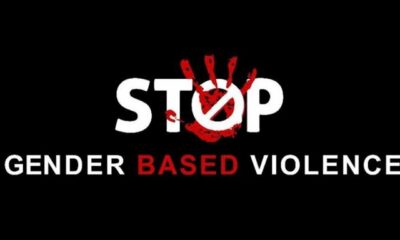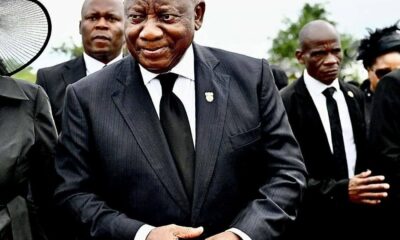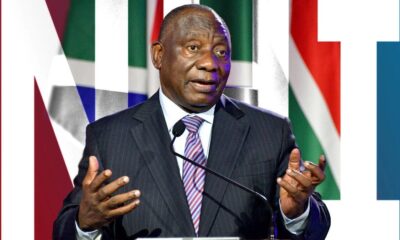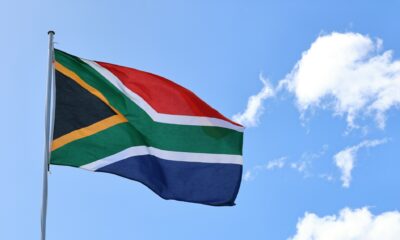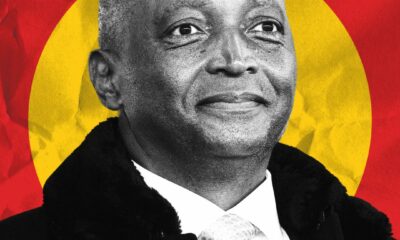News
South Africa’s GBVF Crisis: Why Ramaphosa’s Declaration Still Feels Too Slow

A nation prepares to shut down
Women’s rights groups have been preparing to picket at various venues in parts of the country. Their plan has been to highlight the ongoing crisis of violence during the G20 Summit, where the world’s attention is already focused on South Africa.
On the eve of these demonstrations, President Cyril Ramaphosa announced that gender-based violence and femicide would now be recognised as both a national and global crisis. His declaration landed with weight, but according to long-standing advocacy organisation Ilitha Labantu, it did not land with the urgency that many have been demanding.
A declaration that did not go far enough
Ilitha Labantu said the announcement felt more symbolic than transformative. For them, the concern is simple. South Africa has heard statements before, but the violence has remained unrelenting. The group’s spokesperson argued that naming GBVF as a crisis without shifting the structural conditions behind it risks repeating a pattern of grand promises with little follow-through.
He pointed out that violence against women and children has long been woven into South Africa’s social fabric. Systemic failures, weak accountability, and inconsistent political will have allowed the crisis to grow. Although declarations often make headlines, they rarely translate into long-term, measurable change.
What activists say real change looks like
For Ilitha Labantu, this moment should not be another round of dialogue that flares up and then fades. They want a clear departure from episodic outrage. Their call is for properly funded, survivor-centred responses supported by strong accountability across government, communities, and institutions.
They emphasised the need for coordination across sectors, with resources that match the scale of the crisis. Anything less, they warned, risks repeating the same cycle South Africa has been trapped in for decades.
Ramaphosa’s message to the G20
Speaking at the closing of the G20 Social Summit, President Ramaphosa described the violence as destructive to society. He said no nation can thrive while women are denied safety or the power to participate equally. According to him, South Africa intends to move faster on its commitments and work with social partners to end the crisis.
He stated that women need protection and support from both the government and men. He added that the country has now agreed to place GBVF at the centre of global engagement to help build the momentum required to stop the violence.
A crucial crossroads
South Africa is standing at another turning point in the fight against GBVF. Choosing to classify the crisis at a national and global level may help elevate the issue, but advocacy groups insist this moment must come with deeper political will.
If the country is to break the cycle, the work that follows this declaration must be tangible, measurable, and felt by those who need protection most.
Also read: Rural Women Farmers Demand Action as GBV Pandemic Continues to Threaten Lives
Follow Joburg ETC on Facebook, Twitter, TikT
For more News in Johannesburg, visit joburgetc.com
Source: IOL
Featured Image: X (formerly known Twitter)/@tndaba

